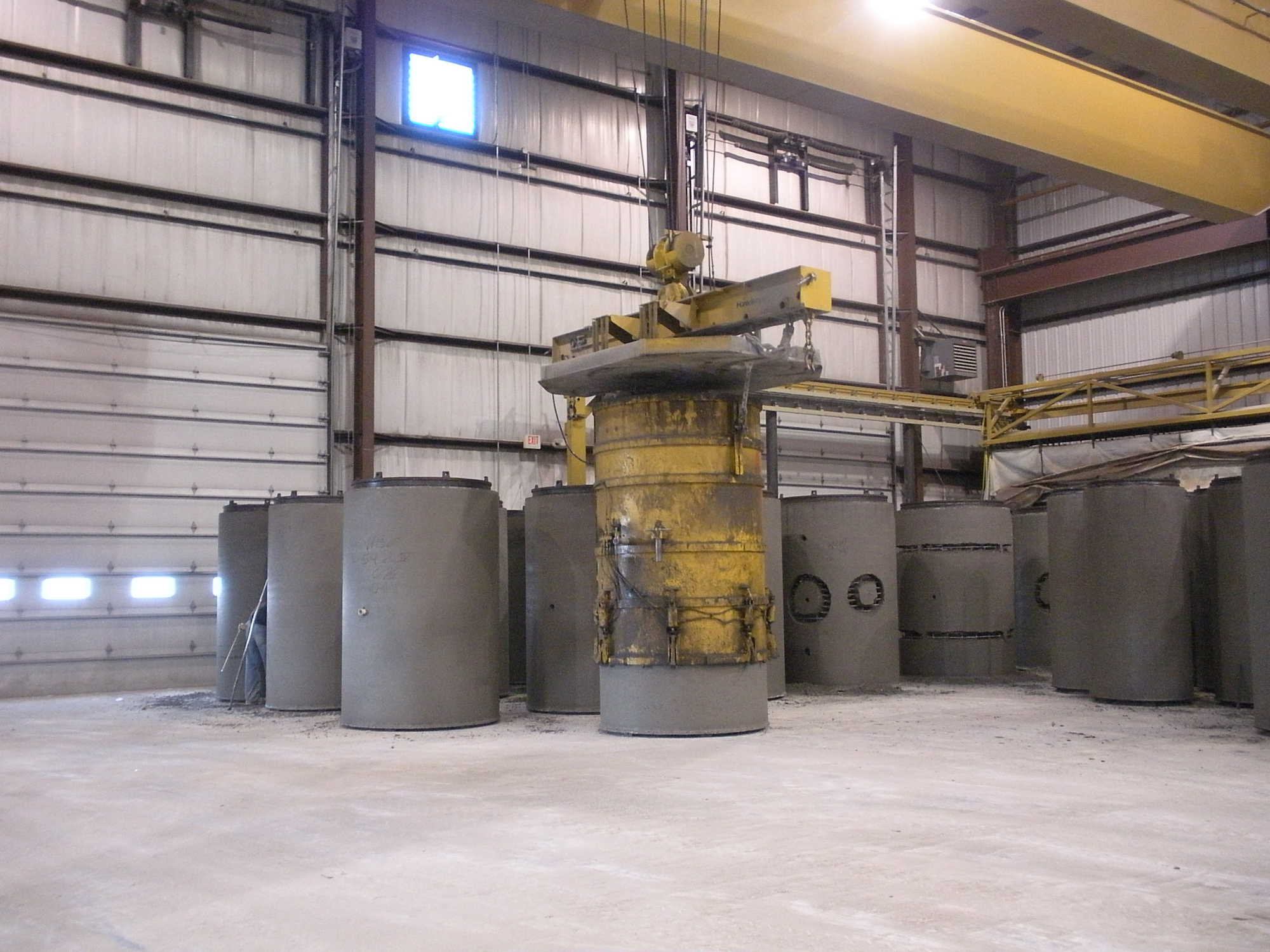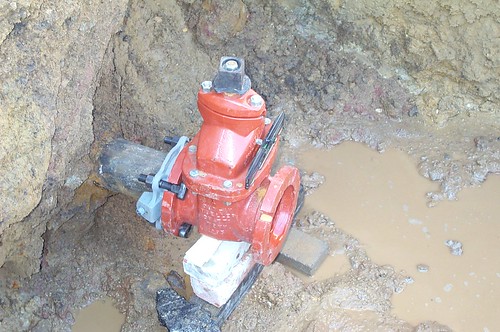There’s been a lot of talk lately about open and transparent government, public data collection and distribution, and freedom of information. People are excited about online tools that allow for sharing of data. And politicians are eagerly answering the cries for open government by passing new FOIA laws and demanding data sets be released online.
But back behind the doors of city hall, those of us working in government are a little more cautious. Even though most support an open and transparent government, many are concerned over the delivery. We see the potential for all this to turn government into a new type of reality show. Mark Drapeau recently posted an exploration of always-on government that hints at this type of situation.
So how can we deliver relevant information to the public while maintaining and maybe improving the dignity of government and its people?
Establish Data as a Governmental Function
One of the first steps is to decide data collection and delivery for public use really should be a function of government. Government traditionally provides public safety and public works and does so under a set of state and federal laws. These same laws regulate what local government can and cannot do. If government is to elevate data to the same level as a utility, this needs to be a public decision supported by legislation. President Obama’s declarations and mandates coupled with a public push for open government should facilitate adoption of this first step at the state and local levels.
Choose the Data Types
Next the public and the government need to collaborate and settle on what types of data should be initially collected for public consumption. There should also be a mechanism for considering and approving the inclusion of additional datasets in the future. Right now, the public is demanding that all the data within the walls of government be released. But they might not really be aware of what is there. So lets look at some of the information held by a typical state or local government:
List of complaints, names and addresses of those complaining, issue about which they filed a complaint
Copies of building permits along with detailed plans of homes (makes it easier anonymous thiefs to case homes)
Names of those delinquent or late on paying water/electric/sewer bills.
Names of those who have submitted a check or credit card payment and had notices of insufficient funds or late payments or credit card denials.
Names of those paying property taxes and date by which their payment is made.
Driver’s license numbers and vehicle license expiration dates with names and whether they were paid on time.
Name and address of all who have permit violations
State income tax returns with names, income, etc.
Traffic accidents with driver and passenger names, insurance companies, etc. (imagine someone using these reports to create a daily accident blog for a community!)
Names on all utility bills, amount of water/sewer/electric used each month
Should government blindly release all of this data to anyone? Some states like Illinois have already decided. In typical non-Gov2.0 fashion, legislators passed a new FOIA law that goes into affect Jan. 1, 2010. It requires government to release just about everything including a lot of the information listed above -even if the request is made anonymously. One exception to note is data that would compromise someone’s safety. But should an “in-the-trenches” employee have to make the decision about which data compromises someone’s safety? Absolutely not. Instead there needs to be clear guidance on what data should be distributed. In Illinois, this guidance could have easily been developed using Gov 2.0 tools with input from the public and government. Instead the reality show for Illinois government begins Jan. 1, 2010.
Develop Data Standards and Formats
So back to our open government plan: after choosing the type of data, the next decision involves the standards by which each dataset is collected and the formats in which it is distributed. Here is an example: government already collects the number of vehicles traveling along a roadway on an average day. How often should this collection take place? Once a year, every day? Should we collect the type of vehicle? It’s color? Should this collection take place on all roads? The point is there is an endless amount of data to collect, and not all of it would be relevant or worth collecting. A standard helps find the most efficient and beneficial method. And a standard ensures someone can compare data across all agencies.
Carry These Standards Across All Agencies
A national standard would help create meaningful sharing and comparisons, and the federal government is best poised to develop this standard. There are signs that federal agencies are working in this direction and taking a more considered and thoughtful approach than what was done in Illinois. But at this time, federal agencies are more focused on delivery of their own information. There needs to be an initiative by state and local governments, with guidance by the federal government, to bring this open government plan down to our level.
Find a Way to Pay for Data Collection & Delivery!
Finally, we need to find a way to pay for all this. Because just handling one FOIA request could take several full-time staff members working for weeks depending on the amount of information involved. Unfortunately some citizens have the misconception that this cost is minimal. Here is an exchange of comments from a recent online news article reporting on Illinois’ new FOIA law:
neogenesis said: “You people have no idea of the amount of work it takes to respond to just one FOIA request…….. ”
BobJudd/Chatham said:
“We people don’t care…Just do it..
People get paid to hide the records ? Just reverse the process..”
As someone working in government I understood what neogenesis meant: filling one request can shut down your whole department taking up tax dollars that could be spent delivering other services. And this is caused by the request of one person.
Unfortunately the simple quote does not adequately convey this to someone who does not work in government. This lack of understanding of the scope is shown in the response by BobJudd/Chatham who indicates no one cares about the time involved. Then BobJudd/Chatham goes on to express a typical misconception the public has about government – that we are spending our whole day trying to hide information.
Get Involved!
These types of exchanges fit right into the reality show mentality and do nothing to ensure successful delivery of a truly open government. Over the next month or so, I believe agencies will come together in an effort to develop an open government plan that can be implemented at the local level. If you have thoughts on this issue, feel free to share in the comment section below. And I encourage anyone interested in working towards this effort to stay tuned as we try to turn this reality show into a documentary.
(The post above reflects my own personal thoughts and opinions and are not necessarily those of my employer.)


